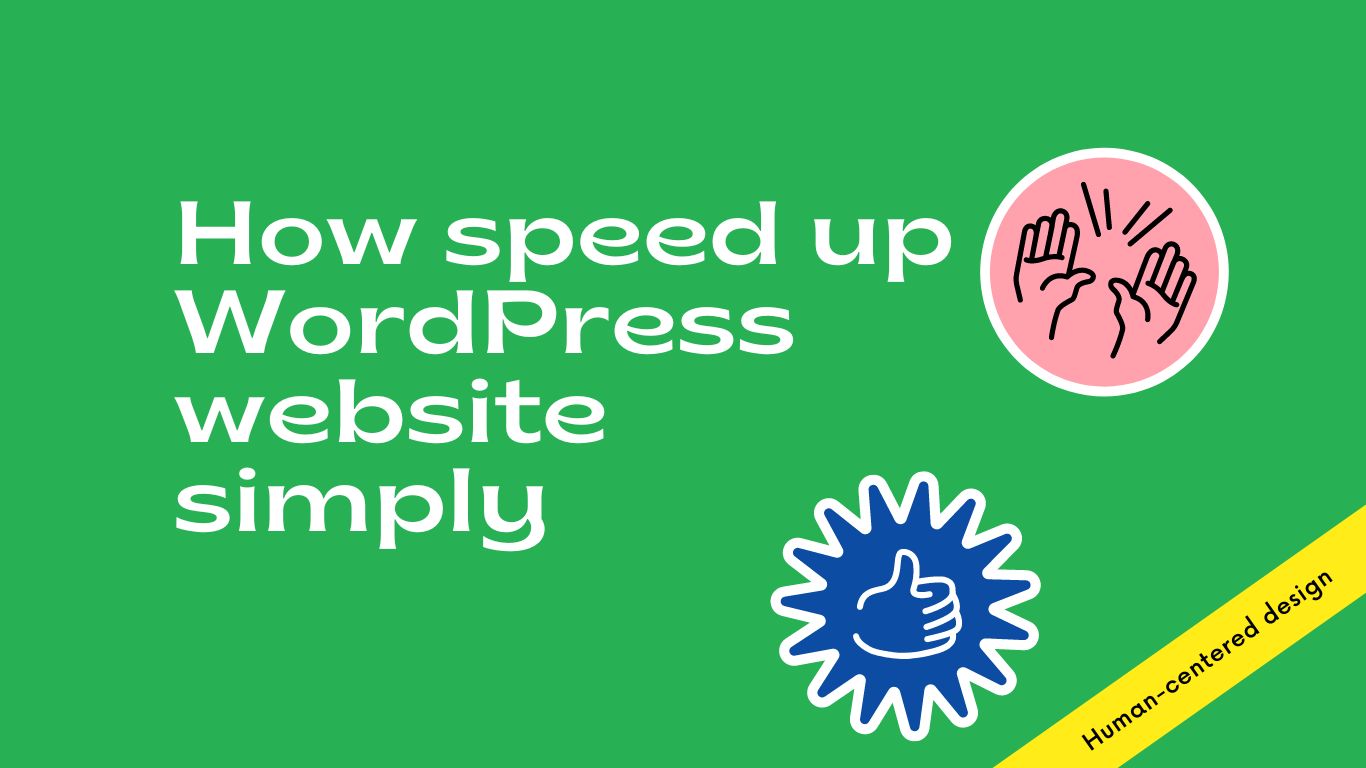Speeding up your WordPress website doesn’t have to be complicated. Here’s a must-have guide for website owners looking to boost their site’s performance. This guide uses simple language and includes practical tips along with code snippets where applicable.
1. Choose Quality Hosting
The foundation of a fast WordPress site is good hosting. Opt for a provider known for speed and WordPress compatibility.
2. Lightweight Theme is Key
Use a theme that’s designed for speed. The simpler, the better. Avoid themes with unnecessary features.
3. Optimize Images
Don’t forget compress your images, only after to upload it. Use plugins like WP Smush or EWWW Image Optimizer to automate this:
php code example// Automatically optimize images on upload add_filter('wp_generate_attachment_metadata', 'optimize_images'); function optimize_images($metadata) { // Your optimization code here }
4. Leverage Caching
Install a caching plugin like W3 Total Cache or WP Rocket. This step can drastically improve your site’s load time.
// Example: Enabling WP Super Cache
define('WP_CACHE', true); // WP Super Cache setting
5. Minify CSS and JS
Minifying CSS and JavaScript files reduces their size. Many plugins can do this for you. You need to be ensure, that it doesn’t break your site.
6. Use a CDN
A Content Delivery Network (CDN) serves your content from multiple locations worldwide, speeding up access for global visitors.
7. Keep WordPress Updated
Always update WordPress, themes, and plugins. Each update brings new features and performance improvements.
8. Limit External Requests
Reduce the number of external scripts and fonts. Each call to another server will be increase the load time.
php code example:
// Deregister scripts and styles not needed
function remove_unnecessary_scripts() {
wp_deregister_script('some-external-script');
wp_deregister_style('some-external-style');
}
add_action('wp_enqueue_scripts', 'remove_unnecessary_scripts', 100);
php code example:9. Optimize Database
Regularly clean your database of unnecessary data like post revisions, spam comments, and transient options.
10. Disable Pingbacks and Trackbacks
These can slow down your site. Disable them in WP settings.
php code example:
add_filter('xmlrpc_methods', function($methods) { unset($methods['pingback.ping']); return $methods; });Follow these simply steps and you can significantly speed up your WordPress website. Your fast website improves user experience and helps with SEO rankings. Keep it simple and focus on what matters most.
